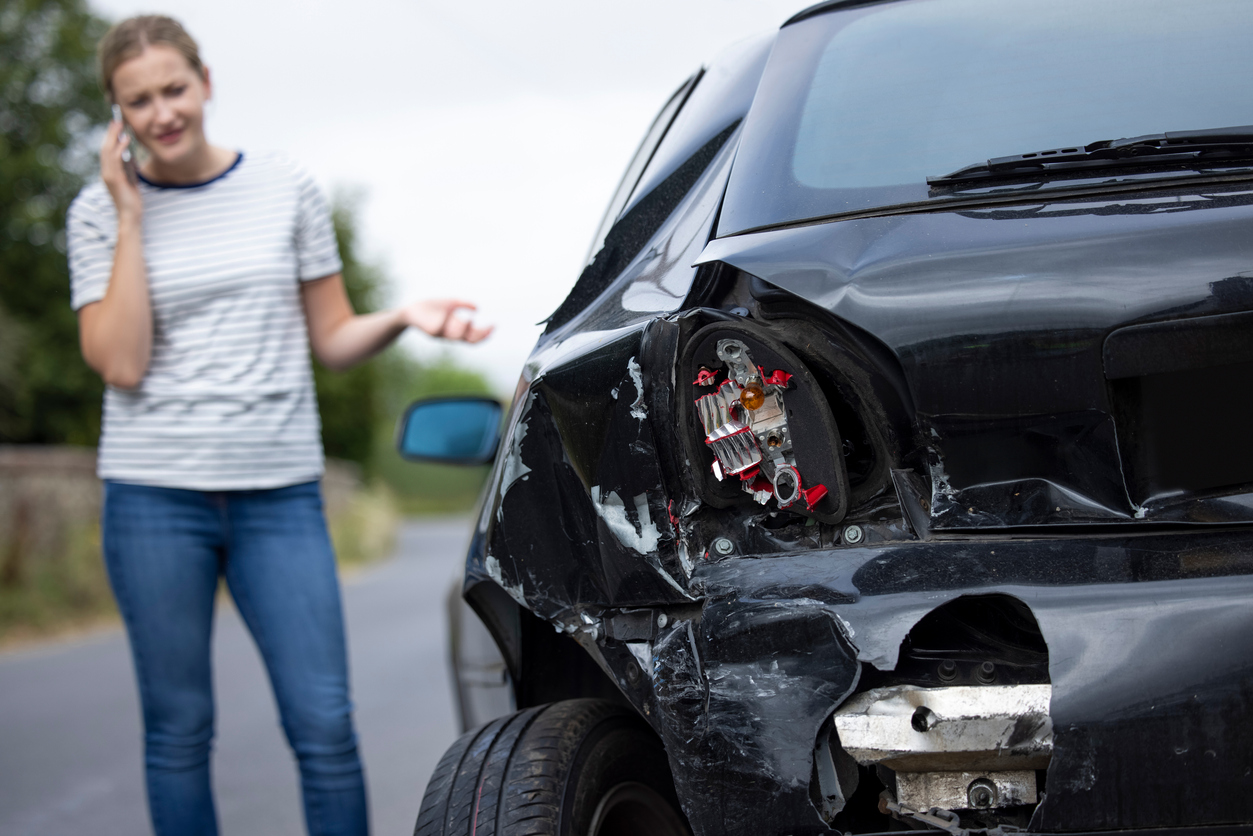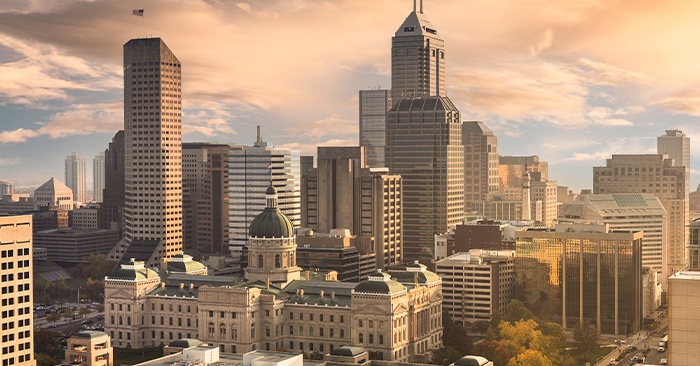
How do road accidents happen? Driver distraction, drunk driving, speeding, fatigue, and running red lights are a few of the most common causes of serious injury accidents. At Wilson Kehoe Winingham Injury Lawyers, our Indiana car accident attorneys fight for clients who have been injured by a careless or reckless driver in Indiana. If you have any questions after a road accident has left you seriously injured, call our Indianapolis office at (317) 920-6400.
Despite new advances in vehicle technology, such as backup cameras, adaptive headlights, and forward collision systems (FCS), car accidents still happen. The National Highway Traffic Safety Administration estimates 40,990 people were killed on the roads in 2023. Whether minor or severe, accidents can drastically change a person’s life. They can result in a loss of wages, pain and suffering, or permanent disabilities.
When a serious injury accident was caused by another driver’s negligence, that driver should be held accountable. Understanding the full impact of these accidents is crucial for both prevention and preparedness. By staying informed and adopting safe driving practices, we can work towards reducing the number of road fatalities and injuries.
Common Causes of Car Accidents Due to Driver Error
Most traffic accidents don’t necessarily have to do with knowing how to drive a vehicle but more so which decisions the driver makes behind the wheel. In fact, about 94% of all road accidents are caused by human error.
At some point, a number of drivers will find themselves guilty of committing some of the most common causes of traffic accidents. However, heightening awareness for these causes can further educate and hopefully influence drivers to be more cautious on the road.
Start taking preventative measures by keeping these events in mind the next time you drive.
Distracted Driving
One of the top causes of car accidents can be blamed on distracted driving. Despite popular opinion, the brain is incapable of focusing on more than one task at a time. This means that when a driver is texting, talking on the phone, grooming, reading, or even eating while driving, the brain is switching between tasks and unable to consistently focus on what’s ahead.
Drunk Driving
Drunk driving is responsible for an average of 32 deaths per day. But thanks to recent educational efforts, deaths related to drunk driving have lessened.
Speeding
Running late to work, keeping up with traffic, or simply unintentionally driving over the speed limit are of the top causes of speeding-related accidents.
Running Red Lights and Stop Signs
Approximately 40% of car accidents occur at intersections, with the cause being running a red light or a stop sign. It’s not worth avoiding the one to two minute (or less) wait to risk injuring or even killing yourself or others.
Reckless Driving
Switching lanes too quickly, blatantly disregarding the safety and/or property of others, and purposely failing to abide by cautionary measures are only some characteristics of reckless driving.
Aggressive Driving
Aggressive driving is different than reckless driving and includes any combination of traffic offenses that endanger other drivers or property, including speeding.
Fatigue
Sleepiness, drowsiness, or downright exhaustion can impair a driver’s ability to competently respond, react, or discern conditions on the road.
Contact an Automobile Accident Attorney Today
If you’ve been injured or are facing a complex legal matter, reach out to Wilson Kehoe Winingham Injury Lawyers to schedule a consultation. Our team serves clients across Indianapolis and throughout Indiana, and we’re ready to pursue the justice and full compensation you deserve.
